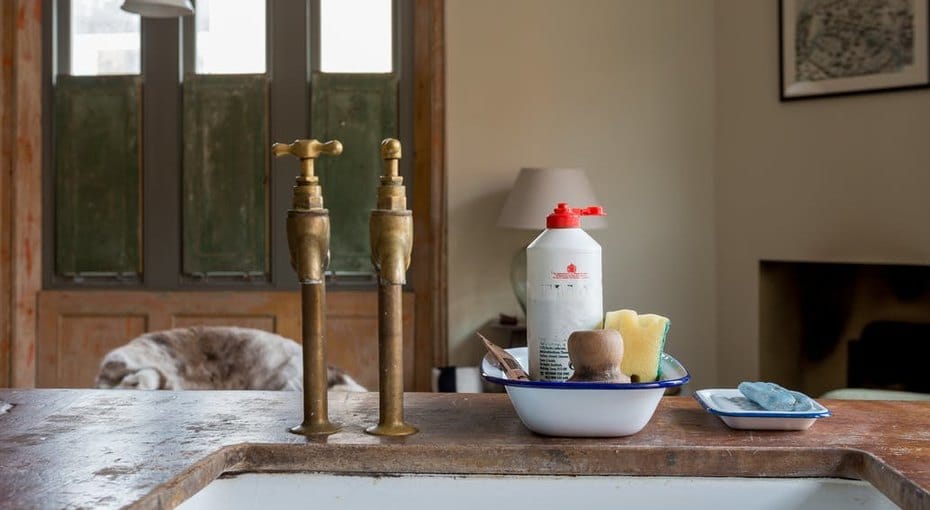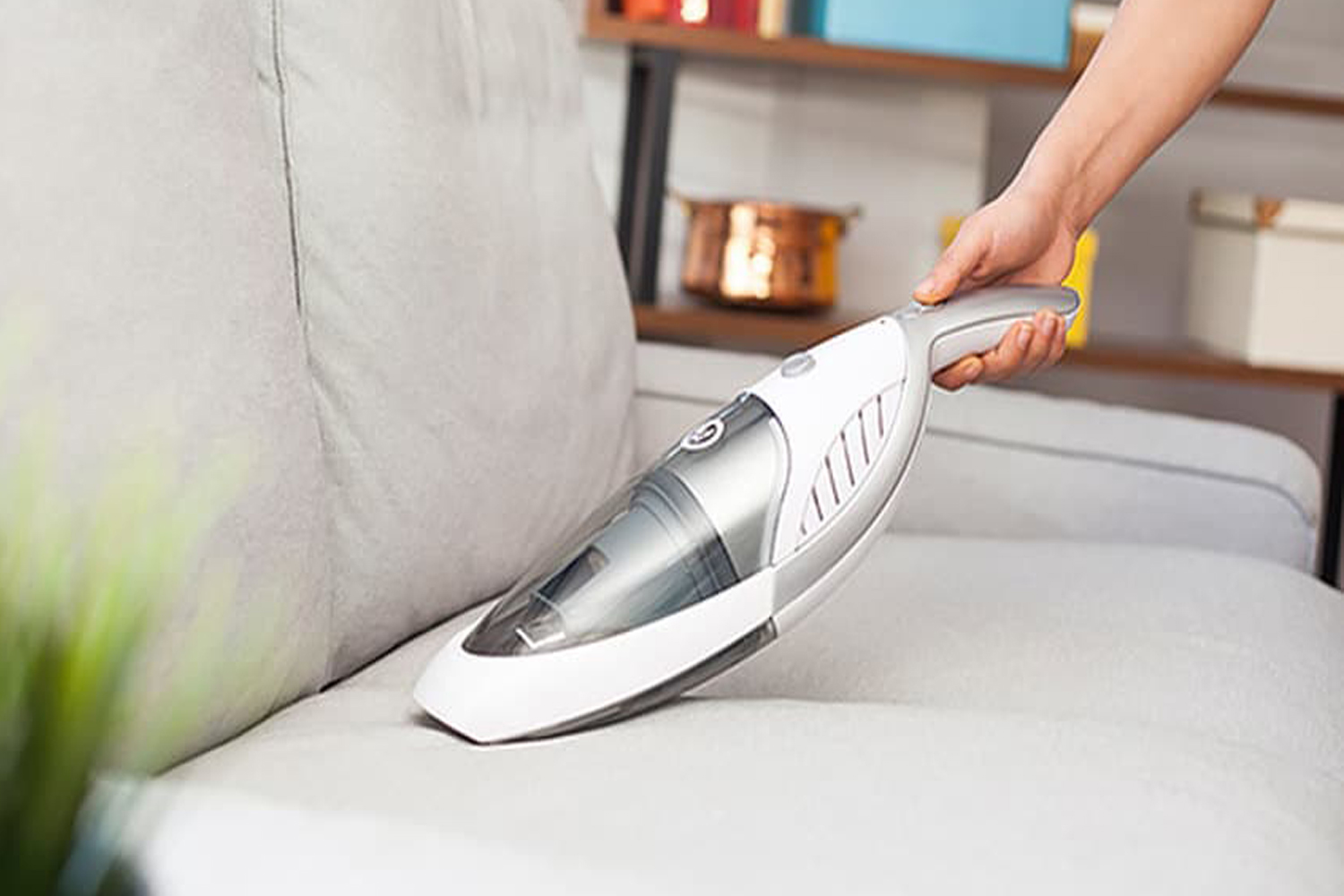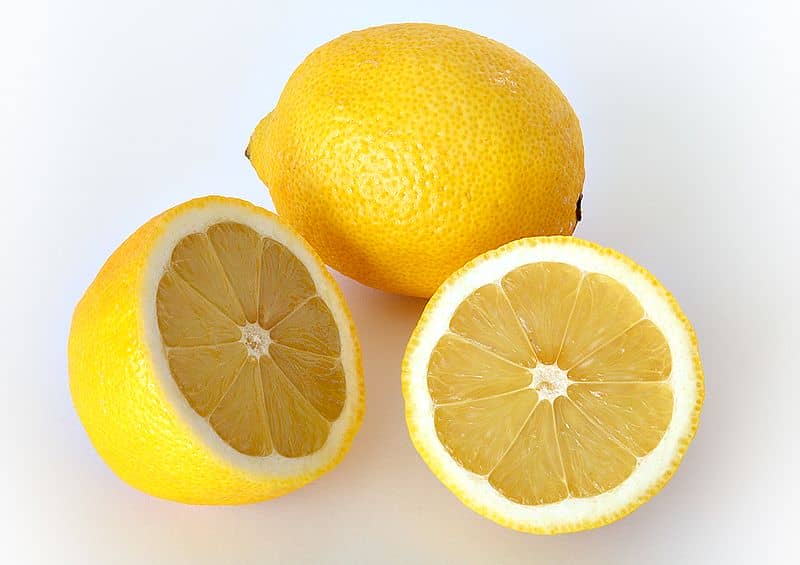Some cleaning products and household detergents are stored on the shelf for years. Meanwhile, they have their own expiration date, and then they become ineffective in the best case.
Many housewives are pretty sure that the cleaning tools and detergents for surfaces can be used after their storage period has passed.
This is not quite true.
Firstly, most of the components of household detergents lose their properties over time.
And secondly, after the air contact, the household detergent can be oxidized, stratified and modified.
The use of such products may be hazardous to you and your family health.
We will talk about the recommended shelf life of household detergents that housewives are widely used in everyday life:
Washing powder
Washing powder begins to deteriorate six months after opening the package. In a closed-form can be stored for about 9−12 months.
Washing Capsules
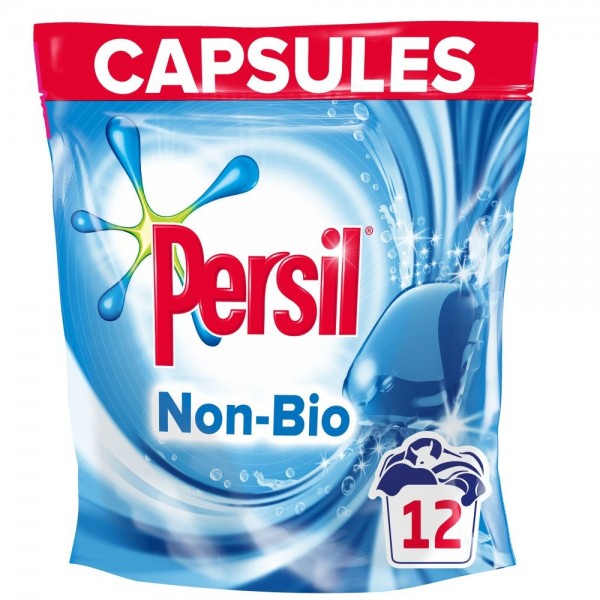
Although most manufacturers claim that washing capsules with detergent don’t have an expiration date, they should be stored for no longer than 15 months – and always in a dry and closed container that guarantees the safety of their individual containers.
Fabric softener
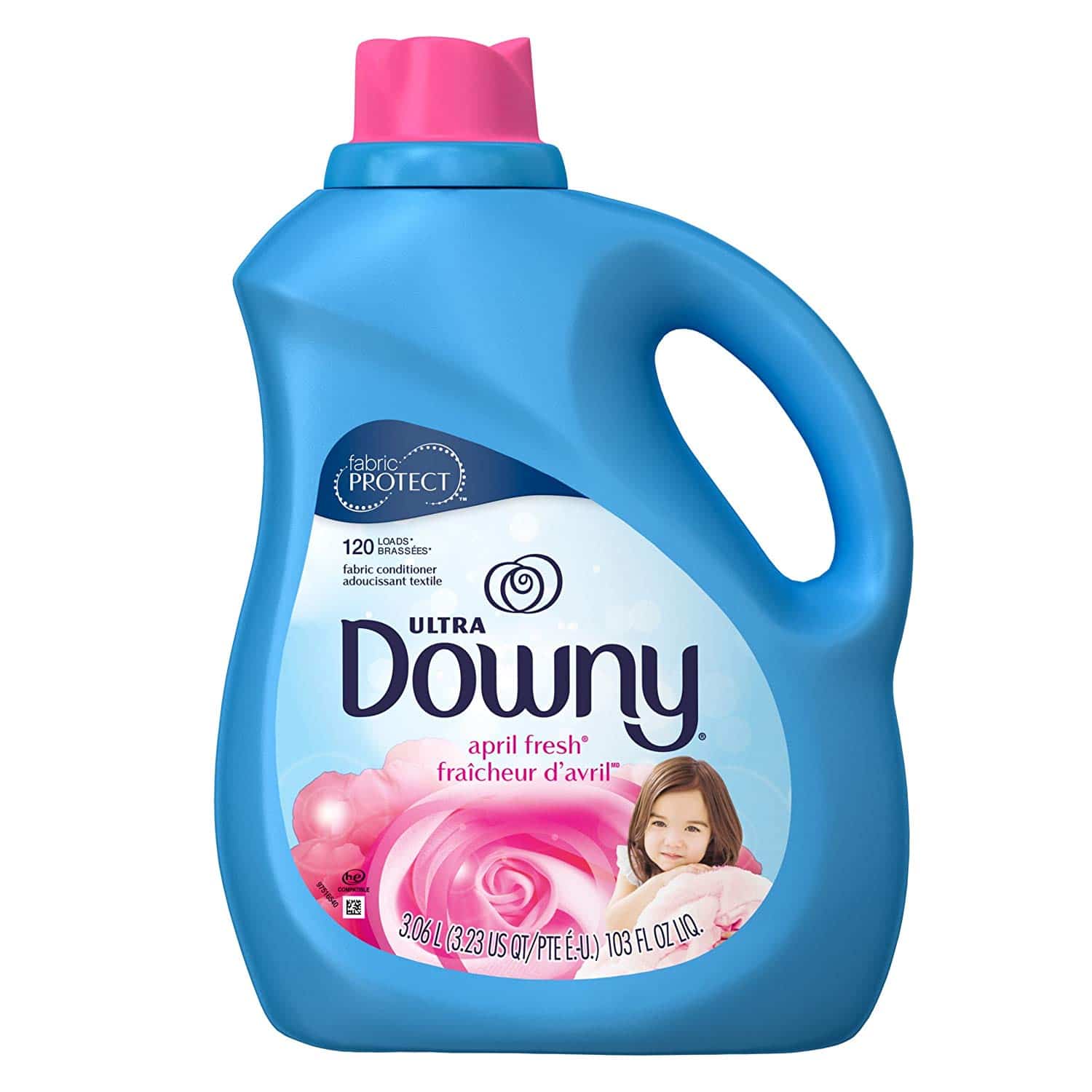
Fabric softener begins to deteriorate and delaminate after about 6−12 months. In closed form, it retains its properties for 2–3 years.
Manufacturers advise shaking the conditioner bottle before use and remove any lumps.
Crystal (washing) soda
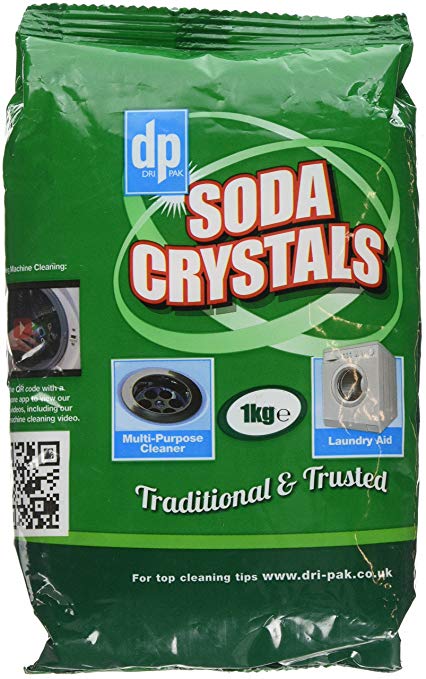
Soda has a completely eternal shelf life when stored in a dry container.
Aromatic napkins
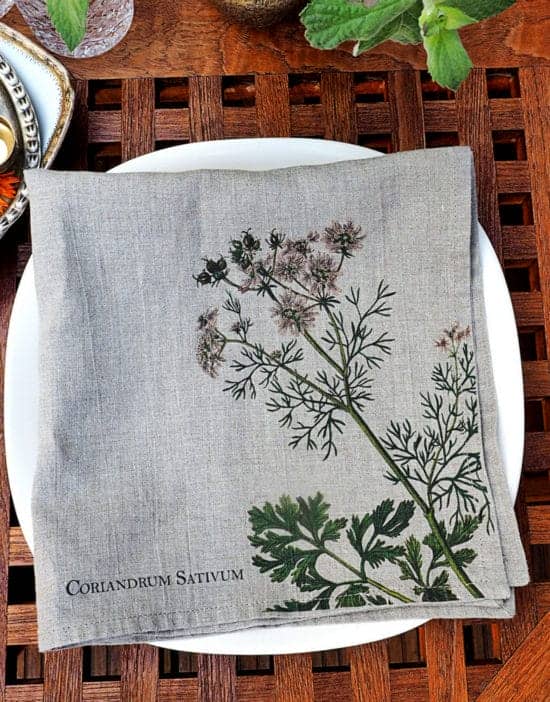
Can be used without restrictions, but after you open the package they quickly lose their flavor. If you use aroma wipes infrequently, store them in a tightly closed bag.
Bleach
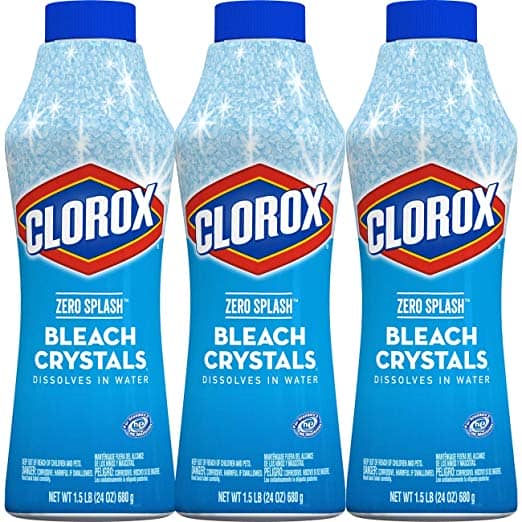
Bleach is valid for 12 months from the date of production. After six months in the open package, the decay process begins – the bleach becomes less effective, but its toxicity does not increase.
If the shelf life of the product has already passed, it can be used, but you have to use more to achieve a result.
Oxygen Powder Bleach
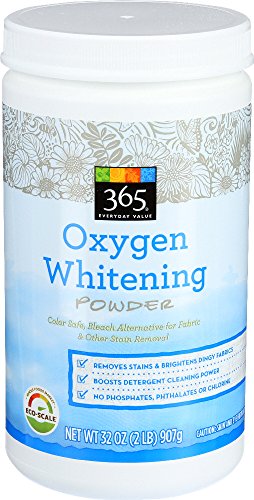
Oxygen bleach can be used until the powder is damp. It has no expiration date.
Borax (sodium tetraborate)
Manufacturers recommend storing the Borax powder in a dry place. It has no expiration date.
Castile soap (based on olive oil)
The recommended shelf life of the castile soap is 3 years.
Baking soda
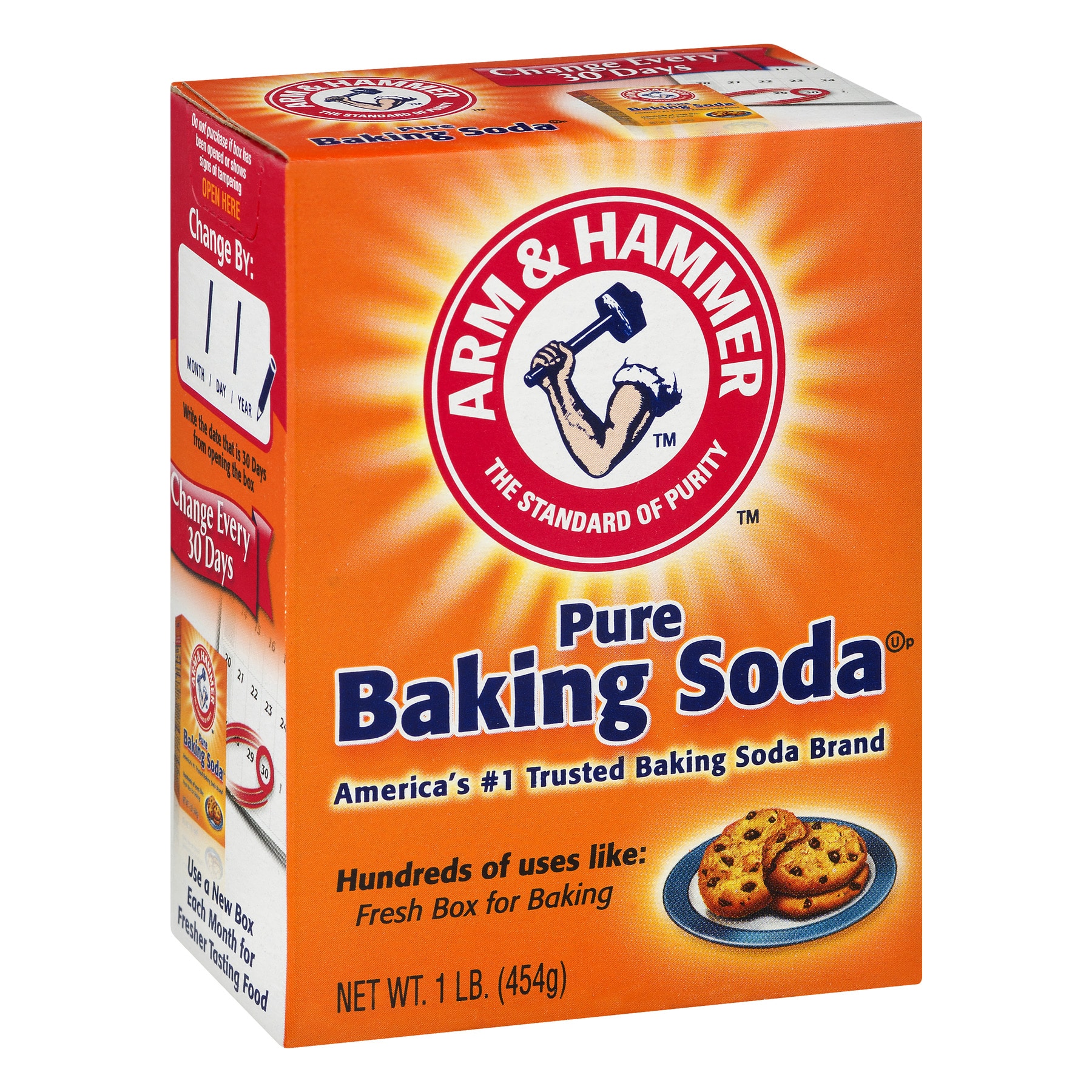
Do not store baking soda for more than 6−12 months from the date of opening.
Vinegar
Does not spoil, does not stratify. According to experts at the Vinegar Institute, “the shelf life of vinegar is almost unlimited.”
Hydrogen peroxide (3%)
The period of the maximum performance of the Hydrogen peroxide is about 30−45 days.
Can be stored in a dark, cool place for up to six months. After opening the bottle, hydrogen peroxide quickly loses its properties (although the effervescent effect still persists), so it is not recommended to buy large-volume packages.
In the closed form can be stored for up to three years.
Furniture Polish
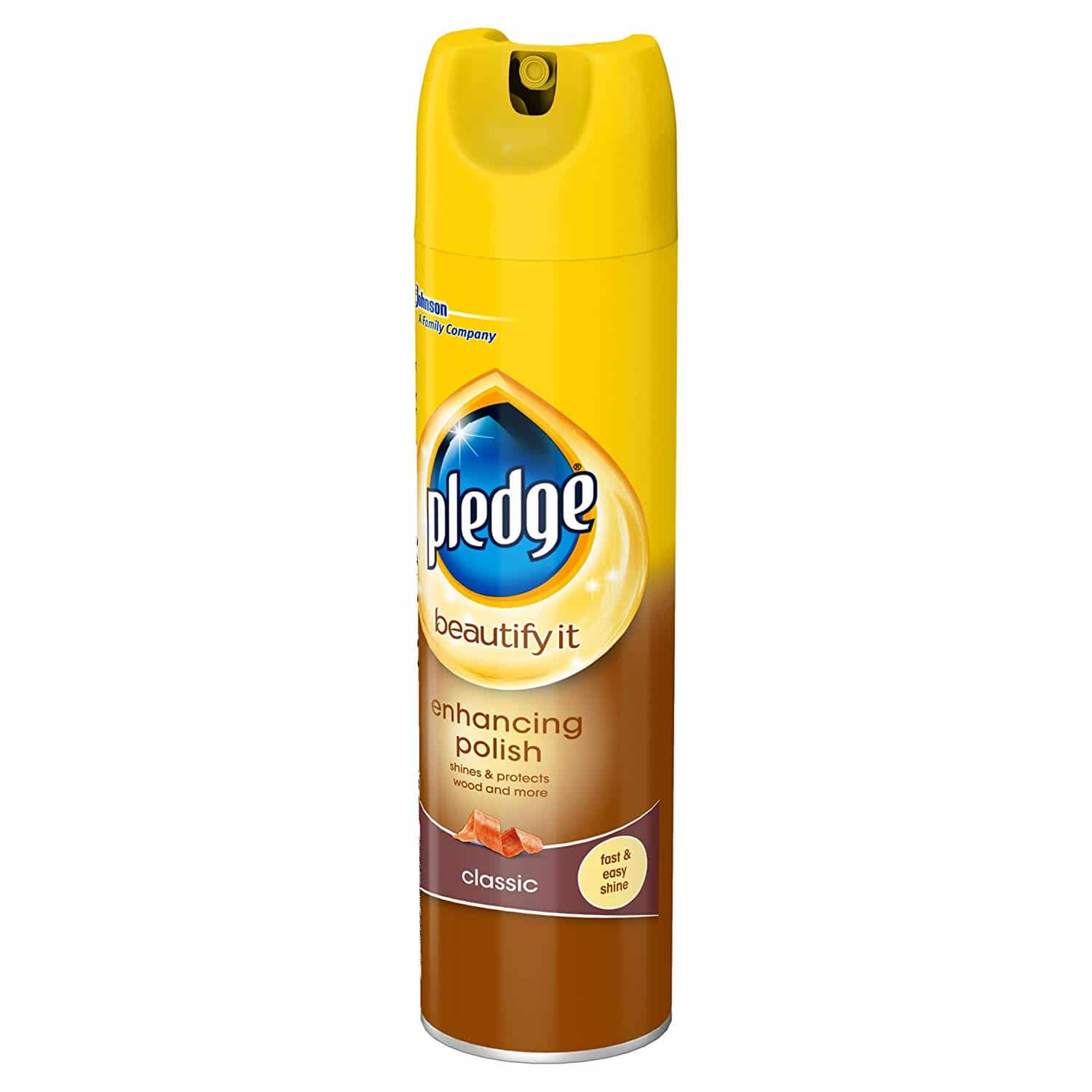
The shelf life of Furniture Polish for wood is about two years.
Dishwasher salt
The recommended shelf life of the dishwasher salt is about 12-18 months. After a year of use, dishwasher salt becomes less effective.
Dishwasher Cleaner
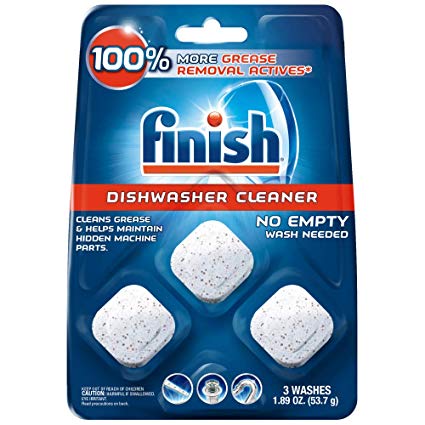
It can be stored from 6 to 12 months, but after six months dishwasher cleaner begins to lose its effectiveness.
Lysol Disinfectant
The solution is recommended to be stored no longer than two years from the date of opening the package.
After this period, Lysol can be used, but its effectiveness will not be the same.
Disinfecting Wipes
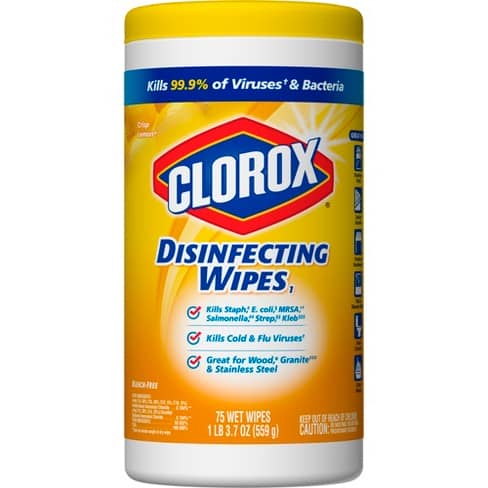
If the treatment contains antibiotics, Disinfecting Wipes can be used only for a year. Other types of treatment remain effective for two years.
Window cleaner
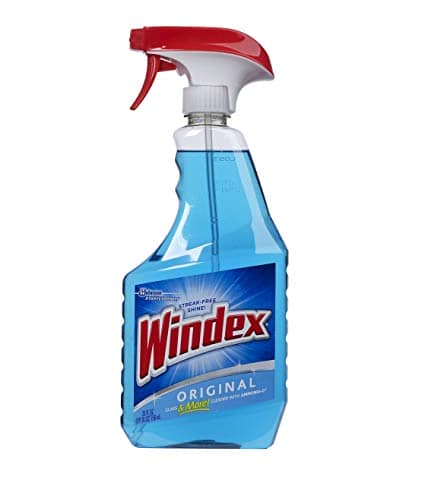
The shelf life of the Window cleaner is about two years.
Related:10 Life Hacking Tips to Clean Your Windows With no Streaks
Metal Polish
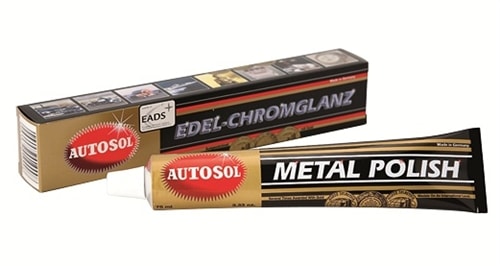
Depending on the brand, such products can be stored for up to three years.
If you notice the foreign liquid or lumps in the polish, this means that the Metal Polish can no longer be used.
Washing products are irreplaceable in any household. Without these chemicals, our lives would be more difficult and the household duties will be more time and effort-consuming.
Naturally, people have many questions regarding these products that we’ll try to answer.
Frequently Asked Questions
⭐ What product to use for washing cutting boards?
Cutting boards can be washed with several different products in fact. Water and dish soap mix is good for wooden items and can be used for the all-purpose cutting boards whereas vinegar must never be applied to those that are meant for meat or fish. Also, bleach will work well, especially for difficult spots.
Just make sure that a cutting board is washed in detergent and you rinse and dry it thoroughly.
⭐ What is the effect of oven cleaner on kitchen countertops?
If you lack the special product for the countertops, never take the oven-cleaning spray instead. The chemicals that this product contains are destructive to the counters and will ruin the surface easily.
⭐ Is hydrogen peroxide better than rubbing alcohol?
To compare these two, one needs to know that peroxide has antibacterial, bleaching, and lightening effect whereas rubbing alcohol is a solvent that is able to dissolve many compounds together with antibacterial effect.
Rubbing alcohol is good for greasy and sticky blots, besides, it leaves no traces afterward which makes it good for washing windows and shiny surfaces.
Peroxide is more for whitening, disinfecting, and deodorizing. Use it for sanitizing sponges, washing veggies or fruits, or for laundry stains treatment.
None is better than another, they just meant for different purposes.
⭐ What is non-detergent soap?
This sort of soap is the one that can be found in shaving creams, bubble-making liquids, as well as in some anti-caking agents for powdered products, etc.
Since this sort of soap is not meant for cleaning and contains no such elements, it is useless as a detergent.
⭐ Can you use dish soap to wash clothes?
Is it OK to use dish soap in a washing machine, people often ask?
Dish liquid can replace the laundry washing product pretty well. The only thing that must be remembered is that you need to take less of the product to avoid the overflow of bubbles.
⭐ How to clean tires with household products?
Tires-cleaning products are expensive so why not replace them with cheaper analogs?
Try out a mix of Borax, dish soap and water or take some water with the dissolved vinegar.
To make tires shine, veggie oils, castor oil or sugar water will work well, too.
⭐ How does soap affect the surface tension of water?
Why is soap so effective in cleaning? All because of its ability to make the water molecules stick together less intensively. That is why drop weakens and breaks apart faster.
⭐ What is the difference between soap and detergent?
The major difference is that soaps are made of natural components (e.g. plant oils) or acids that come from animal fat. On the contrary, detergents are totally synthetic and man-made.
⭐ Why does soap dissolve the membrane easily?
Cell membranes consist of lipids that are fat-like by their nature. Since soap works for destroying the connections between the oily compounds, it dissolves the lipids the same as it does to the food’s fat and oil.
⭐ Can you use laundry detergent to wash dishes?
You can. However, take into account that it may leave traces on the dishes and not wash off completely so you’d better apply it for the manual dishwashing rather than doing it in a dishwasher.
⭐ Does laundry detergent go bad?
Normally, this product doesn’t go bad in its traditional sense. It won’t become useless or spoiled but it can indeed partly lose its washing qualities after the long storing.

